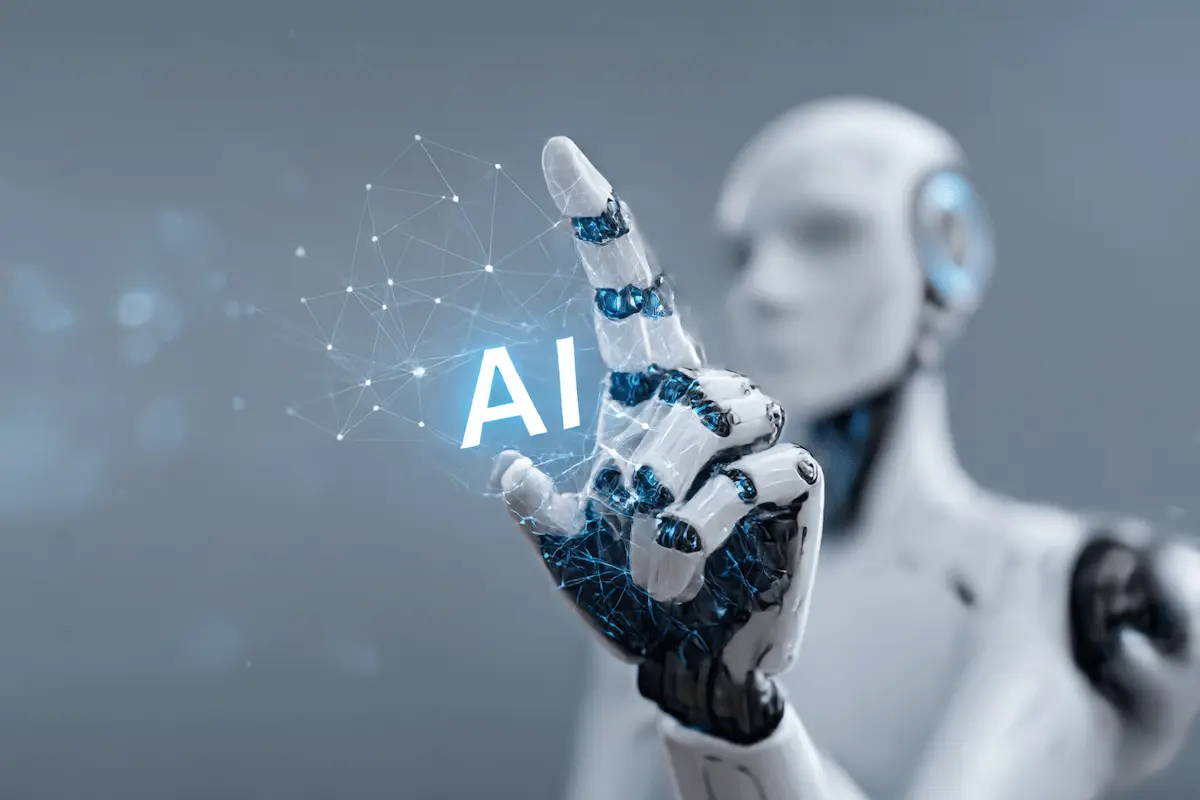AI + Goals: How Does an Algorithm Decide What Is “Desirable”?
Imagine a machine that doesn’t just follow instructions — it chooses its own direction. This isn’t science fiction. In today’s AI systems, algorithms are increasingly shaping their own objectives. But how do they know what’s “desirable”? And more importantly — who defines that desire: us, the system, or something in between?

Image: ZenoFusion • AI Visuals / A visual metaphor for how AI defines goals
From Rule-Followers to Goal-Setters
Classic algorithms were designed to carry out fixed tasks — sort emails, optimize traffic, suggest songs. But with the rise of machine learning and reinforcement models, AI systems now set intermediate goals to improve their own performance. They learn not just how to act, but why.
What Defines a “Good Outcome” for AI?
This is the critical question: when an AI optimizes something — be it user engagement, profit, or safety — who sets the benchmark? A content algorithm might define success as more time on screen. But is that good for the user — or just for the platform?
Even more subtly, the goals are not always visible. What seems neutral may be pushing certain behaviors behind the scenes — chosen by training data, not human ethics.
AI in Healthcare, Education, and Law — Who Benefits?
AI is now assisting in areas that shape human futures — medical diagnostics, student assessments, judicial systems. If an algorithm decides which patient gets faster treatment, or which student gets flagged, it’s not just about efficiency — it’s about values.
The system is optimized — but for whom? What happens when a “desirable” outcome for the institution conflicts with the dignity or autonomy of the individual?
The Ethics of Goal-Setting — A Silent Revolution
We are facing a quiet but profound shift: machines are inheriting the power to choose aims. These aren’t conscious decisions, but mathematical paths to maximize output. Still, they shape society in subtle but real ways.
It’s time to ask: are we encoding the right goals? Or are we outsourcing moral choices to systems that only simulate understanding?
Conclusion: Desirable for Whom?
Artificial intelligence will continue to define what is “good” — whether that means accurate, profitable, or emotionally satisfying. But unless we remain conscious of who those goals serve, we risk letting silent algorithms decide our futures.
The power to choose a goal is not just technical — it’s philosophical. And today, machines are learning to aim.
✍ Tornike, Content Strategist at ZenoFusion – June 8, 2025
✍ Article Author
- Registered: 27 April 2025, 10:30
- Location: Georgia




 Tornike
Tornike